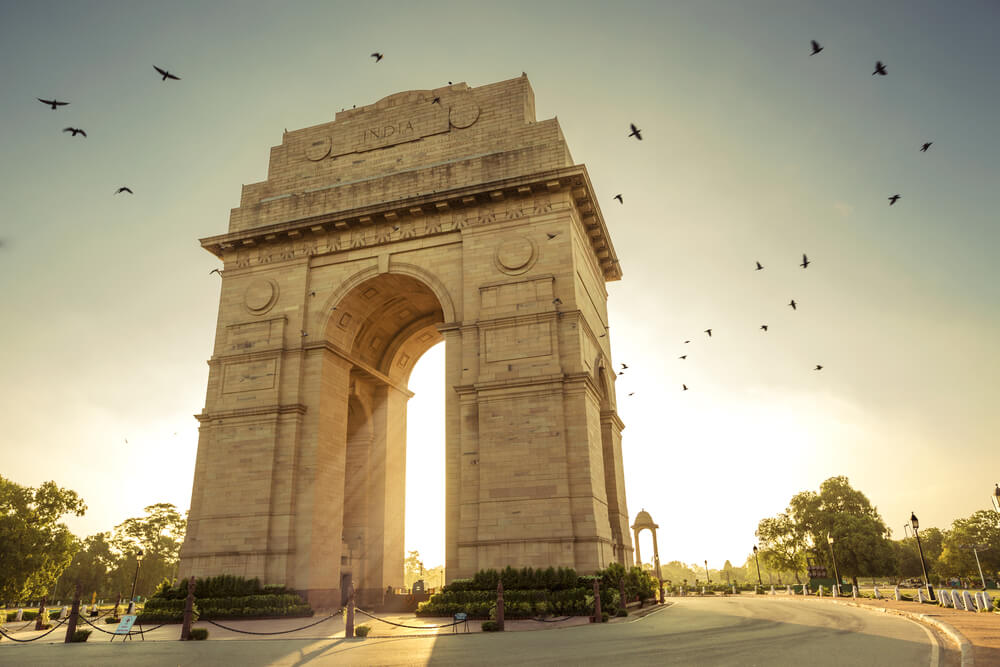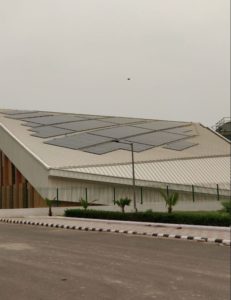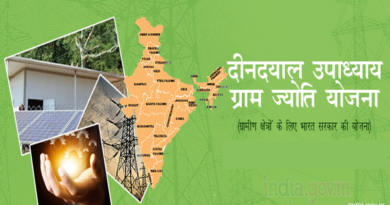Delhi Govt walks further for solar, subsidy for 5 years instead of 3 for rooftop installations

The State government of Delhi yesterday approved the ‘Mukhyamantri Solar Power Scheme’, offering residents who install rooftop solar panels a subsidy on their electricity bill for a period of five years from the existing three.
“Under the Renewable Energy Service Co model (RESCO), the domestic consumer will not have to spend any money for the installation of solar panels. It will be done by select service providers,” power minister Satyendar Jain said. The cost of electricity generated through the solar power for group housing societies will be Rs 1 per unit. “The Delhi government will provide a subsidy of Rs 2 per unit to the societies,” he said.

Presently, “nearly 105 MW of solar power installed in Delhi covers mostly government buildings such as DMRC, DJB, technical institutions (DTU, NSIT, IP University, IGDTUW), to name a few,” the minister said.
According to a government official, the presently active Delhi Solar Policy 2016, was not in line with the overall growth of the sector in India so the cabinet decided to extend the generation-based incentive (GBI) from three to five years with a new name. At present, under the existing scheme the government is paying an incentive of INR 2 per unit of solar energy generation.
The cabinet chaired by CM Arvind Kejriwal also approved the disbursal of the incentives (GBI) by the discoms to be biannual, instead of annually. The government is further liable to compensate the discoms for the GBI that is disbursed.
Under the new scheme, housing societies will have to sign a tripartite agreement with the state government and the service provider for the installation of the panels under RESCO model. As per the scheme even independent houses will be viable to claim the GBI of INR 2 per unit but the government will not be a part of the agreement signed between the house owner and the service provider. And, unlike with Cooperative Group Housing Societies (CGHS) who will bear no cost for installation of the panels under RESCO model, individual house owners will have to provide the installation cost of INR 45,000-55,000 per KW for setting up their solar systems. They will be able to sell the extra power generated back to the grid.
“Under the new scheme, we hope to add 100 MW plants in the next one year,” Jain added.
Though Delhi government made a provision of Rs 60 crore as GBI in its budget in the past three years, it paid only Rs 2.84 lakh and Rs 50 lakh in 2016-17 and 2017-18, respectively. While the government had envisaged installation of plants with a capacity of 76MW, only 5MW have been installed so far. We had pointed out the deficiencies in the scheme, ranging from lack of awareness to inordinate delays in getting it though the government system.

Sanjeev Aggarwal, Founder and CEO of Amplus, said, “Residential markets are at an early stage of adoption of rooftop solar and are receiving significant traction in the coming years. Out of the 100 MW of the solar capacity installed in Delhi, only 5 MW has been allocated to the domestic sector so far. Under the Mukhyamantri Solar Power Scheme, the Government of Delhi has increased the GBI term from 3 years to 5 years, of course it’s a positive change but with no significant cost reductions and implication of the 25% safeguard duty, only a fraction of 100 MW target will be installed. We remain open to evaluate these opportunities as these markets get ready.”
Therefore, while the changes proposed are welcome, it is equally important that the government take steps to ensure awareness of the subsidy, the process to claim it, and commit to a turnaround time for claims. Most importantly perhaps, its time to settle into a stable policy environment, instead of regular tinkering with policy, which might even be leading to postponement of decision making by relevant potential customers.




